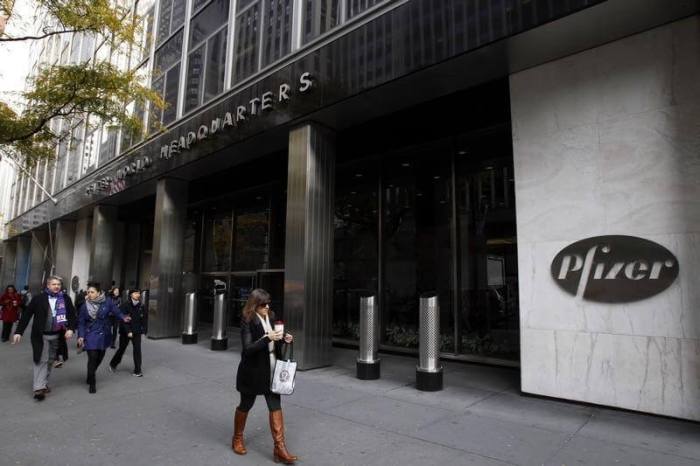By James Saft
(Reuters) – If shedding its financing arm did wonders for General Electric’s stock price, maybe too-big-to-fail bank peers like Citibank and JP Morgan should consider similar moves.
Not that banks will become industrials, but rather the biggest banks might get a better valuation on their earnings by becoming smaller, simpler, easier to manage and less strictly regulated.
GE last Friday announced a plan to divest most of GE Capital,taking operating earnings from finance eventually down to less than 10 percent of the whole as compared to 57 percent in 2007. GE’s stock popped 11 percent on the news, which may allow the company to lose its designation as a ‘systemically important financial institution’ (SIFI) subject to tougher regulation under the Dodd-Frank Act. Investors were happy not simply because of the prospect of less burdensome regulation. More important is that GE will be a more focused industrial company, one which will produce more predictable and hopefully less volatile earnings. While finance was once the tail which wagged GE’s industrial dog, allowing it to grow earnings both rapidly and with metronomic, if sometimes hard to credit, regularity, GE Capital’s huge and complex book of financings threatened to take the company down during the financial crisis, bringing on a stock slump from which it is only now emerging. Though arguably in the pre-crisis era investors gave finance-based earnings at GE a bit of a pass, valuing them more highly than they would if produced by a similarly hedge-fund-like investment bank, those days surely ended with the crisis. There is also the conglomerate discount at work here, a phenomenon characterized by investors being unwilling to pay as highly for a given dollar of earnings at a conglomerate as they would at a mono-line or simpler company. That’s partly because conglomerates, and here I include financial ones, have a bad track record of being run too much for the glory and enrichment of insiders, but also because investors want to do their own diversification rather than subcontract it to the whims of executives and their investment bankers. Note that GE’s consumer finance arm Synchrony Financial, spun off last August, has seen its shares rise by a third, much better than both the broad market and most financial shares. The market seems to like simple stand-alone companies, even ones in finance.
THE INVESTMENT CASE AGAINST TOO BIG TO FAIL
So will any of this cut much ice with those making the calls at the too-big-to-fail banks? Very likely not, history and human nature being what they are, but perhaps it ought to.
The largest banks do enjoy material advantages due to their implied status of being back-stopped by the government. Though the dimensions of this subsidy are hotly debated, as are the corresponding costs imposed by tighter regulation, the fact remains that they have an advantage in certain respects due to their size and scope. There are also those who still sincerely believe that large U.S. banks will be positioned to take advantage of a supposed growth in financial services worldwide, though the evidence for this too is contested. There is, however, good evidence to suggest that many large diversified financials, perhaps particularly the largest, might achieve better stock market valuations were they to break themselves up into more easily digestible pieces. Not only is this sector a byword for poor long-term stock performance, at least over the last decade and a half, but there is academic evidence to back up this thesis. A 2005 study which looked at banks in 43 countries, all with $100 million or more of assets, found that the market actually imposes a ‘diversification discount’ on those with more conglomerate-like corporate structures. This discount was about 6 percent of a standard measure of over- or under-valuation. “Across an array of sensitivity checks, the data suggest that diversity reduces the value of financial conglomerates. One explanation of these results is that financial conglomerates that engage in multiple activities intensify agency problems and destroy value,” Luc Laeven, then of the World Bank, and Ross Levine, then of Brown University wrote. Agency problems are economist-speak for what happens when an agent, like, say, a bank CEO, is in a position to take advantage of those for whom he works. In short, the more diversified the financial, the more likely that it is being run for the benefit of the inmates. That’s exactly why the biggest banks should be broken up, and why they probably won’t.
(At the time of publication James Saft did not own any direct investments in securities mentioned in this article. He may be an owner indirectly as an investor in a fund. You can email him atjamessaft@jamessaft.comand find more columns at http://blogs.reuters.com/james-saft) (James Saft is a Reuters columnist. The opinions expressed are his own.)
GE points way for ‘too big to fail’ peers

By James Saft


















